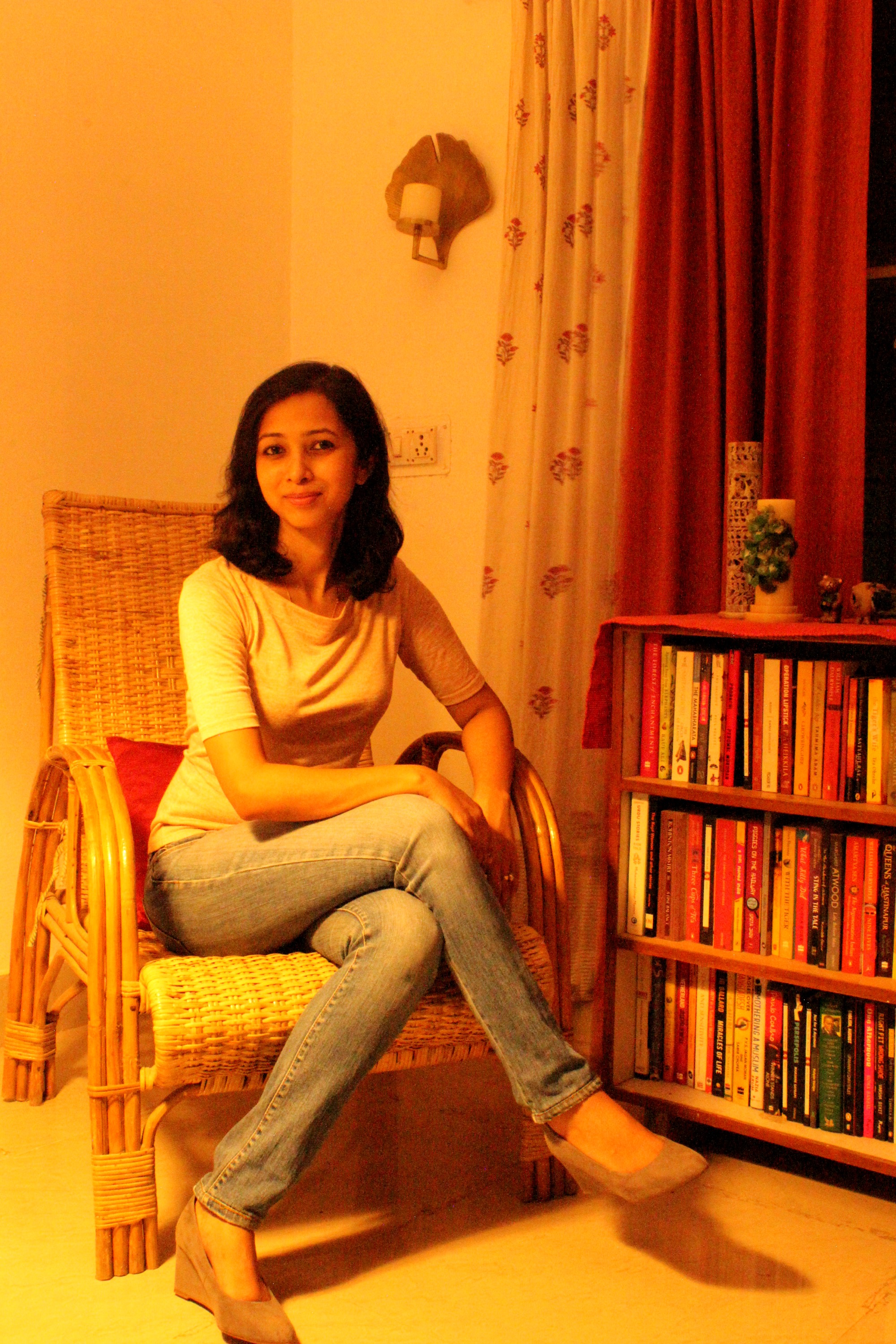Global hit with a stitch and a strand of faith
- Azera Rahman

- Jul 3, 2010
- 2 min read
A 92-year-old from Gujarat, India, is creating ripples in the international fashion circuit with her handcrafted designs

Each rural community in Gujarat often has its own pattern of embroidery
Twenty-three years ago, Hansibaben was just another artisan in a little-known village in Gujarat, India. Today, at 92, she has an internationally acclaimed fashion brand named after her.
"We have tie-ups with brands in the US, UK, Germany, France, Italy and Spain. Thirty per cent of our products are exported," said Reema Nanavaty, director of the Sewa (Self Employed Women's Association), a non-profit organisation. She is also the woman largely responsible for starting the Hansiba initiative.
Nanavaty said: "When I first went to the Datranai village in Patan district, Gujarat, 23 years back, and spoke to the women to market their craft, they looked at me with suspicion. It was only Hansibaben, then 70, who believed in me and gave me a sample of her work. With some persuasion, 50 women joined us. To see if there was indeed a demand for their ethnic product, we had a show in Mumbai and Delhi. It was a huge hit. For the women, this was a new lease of life."
"We set up the Sewa Trade Facilitation Centre in which the artisans were the main shareholders — 65 per cent of the sales revenue went to them directly.
"We started innovating designs and held workshops with designers from the National Institute of Design and the National Institute of Fashion Technology," Nanavaty said.
In 2003, Hansiba, the brand, was launched, named after the woman who first joined the movement.
"In Gujarat there are many rural communities, each with its own pattern of embroidery. We started blending two or three different kinds of patterns to create something new," Nanavaty said.
Grand plans
Today Hansiba has stores in Ahmedabad, Delhi and Mumbai. Like any other brand, it offers exclusive collections, besides bags, stoles and scarves.
The Spanish brand Zara is the latest to have a tie-up with Hansiba. Recently, the Finnish school of design also had a workshop with the artisans. The challenge is to conserve the traditional craft.
"The risk with all the media attention and the glamour is that the traditional craft maybe lost in a flurry of innovations. Not just that, even the kind of fibre that is used in the ethnic craft is becoming hard to find. So we are setting up a museum to conserve some of the remains of the tradition," she said.
"The museum will also have a collection of tools. For instance, Hansibaben has her own spinning wheel but her granddaughter does not. The younger generation prefers to buy handlooms from the market instead of weaving them," she said.
Hansiba will showcase its collection in a fashion show in Delhi soon and its protagonist, the 92-year-old Hansibaben, is expected to walk the ramp!




Comments